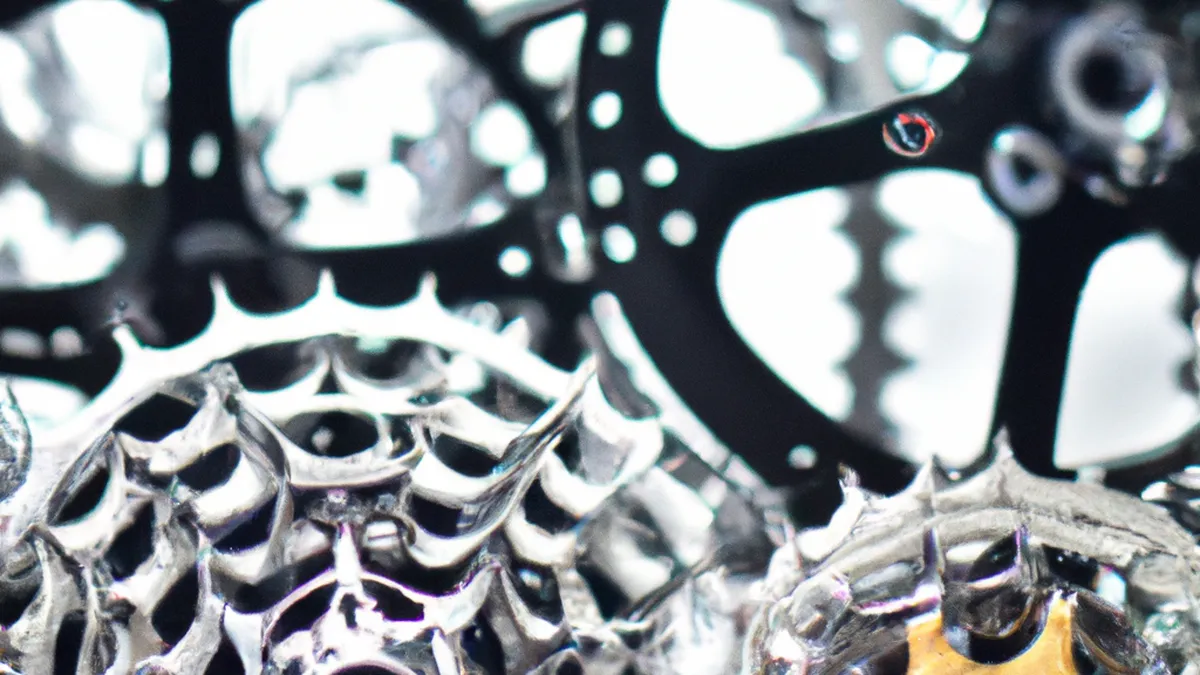Optimize Your Plates: Pregnancy Meal Planning
Nutrition Strategies During PregnancyPregnancy transforms your body and requires special attention to nutrition. A balanced diet supports the mother’s health and aids the baby’s development. Proper nutrition prevents complications, promotes healthy weight gain, and ensures the baby receives essential nutrients. This post explores effective nutrition strategies during pregnancy, focusing on whole foods, micronutrients, hydration, managing cravings, listening to your body, and consulting with healthcare providers.
Focus on Whole Foods
Whole foods form the foundation of a nutritious pregnancy diet. These minimally processed foods retain their natural nutrients. They provide essential vitamins, minerals, and fiber without added sugars or unhealthy fats. Include a variety of fruits and vegetables in your meals. Aim for at least five servings a day, focusing on colorful options like leafy greens, berries, carrots, and bell peppers. Each color offers different phytonutrients that enhance overall health.Incorporate whole grains into your diet. Foods like brown rice, quinoa, whole grain bread, and oats supply fiber and energy. These nutrients help maintain stable blood sugar levels and provide energy throughout the day. Additionally, include lean proteins like chicken, fish, beans, and legumes. These proteins supply the building blocks necessary for the baby’s growth and development.
Mind Your Micronutrients
As an Amazon Associate I earn from qualifying purchases.
Gear tip: consider chair yoga strap, walking poles, and hand grip strengthener to support this topic.
Micronutrients, including vitamins and minerals, play a significant role during pregnancy. Focus on key nutrients like iron, calcium, and folic acid for maternal health and fetal development.
Iron
Pregnancy increases the body’s blood volume, raising the demand for iron. Iron is crucial for producing hemoglobin, the protein in red blood cells that carries oxygen. Insufficient iron can lead to anemia, causing fatigue and complications. Include iron-rich foods in your diet, such as spinach, lentils, red meat, poultry, and fortified cereals. Pair these foods with vitamin C-rich sources like oranges, strawberries, or bell peppers to enhance iron absorption.
Calcium
Calcium supports the baby’s bone and teeth development. It also maintains the mother’s bone health, as the body needs to maintain its own calcium levels while providing for the baby. Aim for three servings of calcium-rich foods daily. Include dairy products like milk, yogurt, and cheese, or fortified plant-based alternatives like almond milk or tofu. Leafy greens, almonds, and sardines also provide excellent sources of calcium.
Folic Acid
Folic acid, a B-vitamin, plays a critical role in preventing neural tube defects in the developing baby. Start taking folic acid supplements before conception and continue throughout pregnancy. Alongside supplements, include folate-rich foods in your diet, such as leafy greens, citrus fruits, beans, and fortified cereals.
Stay Hydrated
Drink plenty of water to stay hydrated during pregnancy. Hydration supports overall health and helps manage cravings.
Conclusion
In summary, focus on whole foods, essential micronutrients, and hydration during pregnancy. Prioritize your health and your baby’s development.
Below are related products based on this post:
FAQ
What are whole foods and why are they important during pregnancy?
Whole foods are minimally processed foods that retain their natural nutrients. They are essential during pregnancy as they provide necessary vitamins, minerals, and fiber without added sugars or unhealthy fats, supporting both maternal health and fetal development.
Which micronutrients should I focus on during pregnancy?
Key micronutrients to focus on during pregnancy include iron, calcium, and folic acid. These nutrients are crucial for maternal health and fetal development, helping to prevent complications and support the baby’s growth.
How much water should I drink during pregnancy?
Staying hydrated is important during pregnancy, and you should drink plenty of water throughout the day. Proper hydration supports overall health and can help manage cravings, making it easier to maintain a balanced diet.















Post Comment